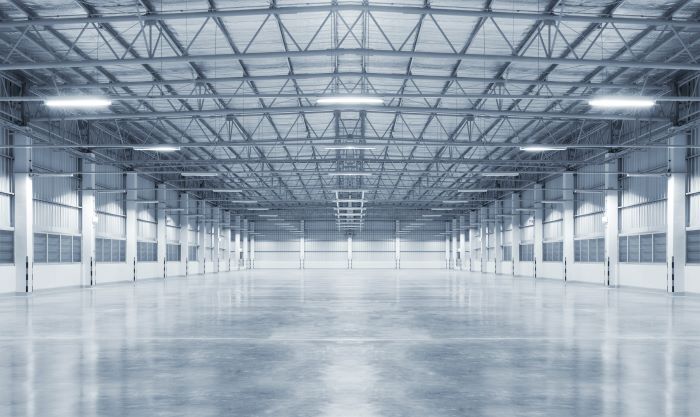Floors are a significant investment in any home or commercial property, and maintaining them properly is crucial to ensure their longevity and keep them looking their best. Different types of flooring materials require different care routines, but the fundamental principles of floor care and maintenance apply universally. Here are some essential tips to help you take care of your floors, regardless of the material.
1. Regular Cleaning
The first step in floor care is regular cleaning. Dust, dirt, and debris can act like sandpaper, scratching and dulling the surface of your floors. For most floors, sweeping or vacuuming daily is recommended to remove loose dirt and prevent damage. Use a microfiber mop for dusting, as it effectively captures particles without scratching the surface.
2. Appropriate Cleaning Products
Using the right cleaning products is vital. Different flooring materials require different cleaning solutions. For instance, hardwood floors need a pH-neutral cleaner, while tiles can be cleaned with a slightly more alkaline solution. Avoid using harsh chemicals or abrasive cleaners on any floor type, as these can cause damage over time.
3. Immediate Spill Cleanup
Spills should be cleaned up immediately to prevent staining and water damage. For hardwood and laminate floors, excess moisture can cause warping and other issues. Use a damp, not wet, cloth to clean spills and then dry the area thoroughly. For carpets, blot the spill with a clean cloth and use a carpet cleaner if necessary.
4. Use Floor Mats and Rugs
Placing floor mats at entrances can significantly reduce the amount of dirt and moisture brought into your home or office. Rugs in high-traffic areas also help protect the floors from wear and tear. Ensure that the mats and rugs have non-slip backings to prevent accidents.
5. Regular Polishing and Sealing
For hardwood, vinyl, and other polished floors, regular polishing can help maintain their shine and protective coating. Hardwood floors typically need to be resealed every few years to protect against scratches and moisture. Ensure you follow the manufacturer’s guidelines for sealing and polishing frequency.
6. Protecting Against Furniture Scratches
Furniture can easily scratch and dent your floors. Use felt pads or rubber caps under the legs of chairs, tables, and other furniture to prevent damage. When moving heavy furniture, lift it rather than dragging it across the floor to avoid scratches and scuffs.
7. Professional Cleaning and Maintenance
Periodic professional cleaning is beneficial for all floor types. Professional cleaners have the expertise and equipment to deep clean your floors, removing ingrained dirt and restoring their appearance. For carpets, professional steam cleaning can remove deep-seated dirt and allergens.
8. Preventing Sun Damage
Prolonged exposure to direct sunlight can cause fading and discoloration of your floors. Use curtains, blinds, or UV-resistant window films to protect your floors from sun damage. Rearranging furniture and rugs periodically can also help prevent uneven fading.
9. Handling Specific Floor Types
- Hardwood Floors: Avoid excessive water, use specialized wood cleaners, and maintain a consistent humidity level to prevent wood from expanding or contracting.
- Tile Floors: Regularly clean grout lines, and use a pH-balanced cleaner to maintain the tiles’ shine.
- Carpeted Floors: Vacuum regularly and address stains promptly with appropriate stain removers.
- Vinyl and Laminate Floors: Use a damp mop for cleaning and avoid soaking the floors with water. Avoid abrasive tools that can scratch the surface.
10. Regular Inspections
Conduct regular inspections of your floors to identify any damage or wear early. Look for signs of water damage, scratches, or stains that need immediate attention. Addressing these issues promptly can prevent more significant problems and extend the life of your floors.
Conclusion
Proper floor care and maintenance are essential for preserving the appearance and functionality of your flooring investment. By following these tips and tailoring your care routine to the specific type of flooring in your home or business, you can ensure that your floors remain beautiful and durable for years to come. Regular cleaning, appropriate products, immediate spill management, and periodic professional maintenance are key to keeping your floors in excellent condition.

